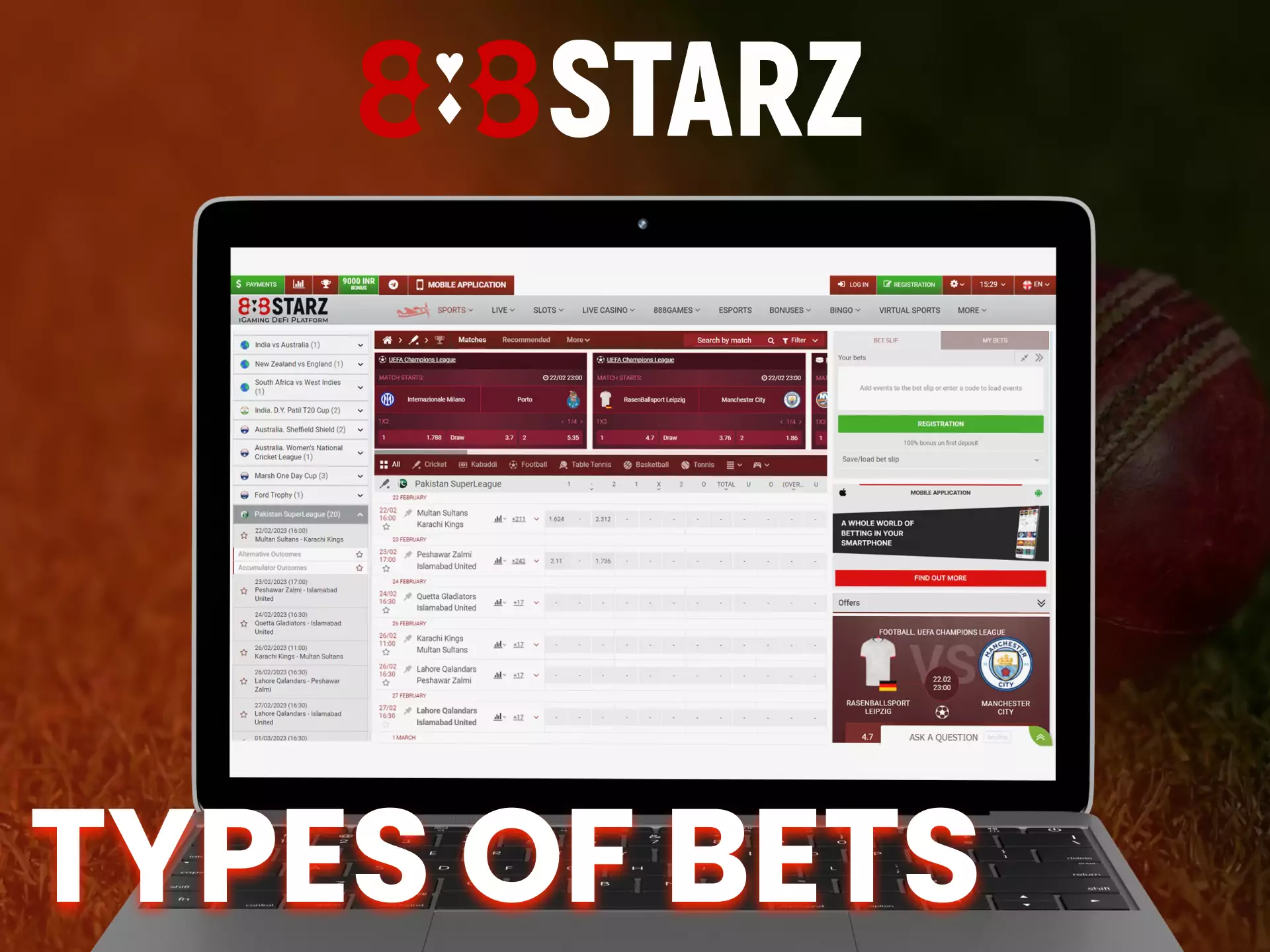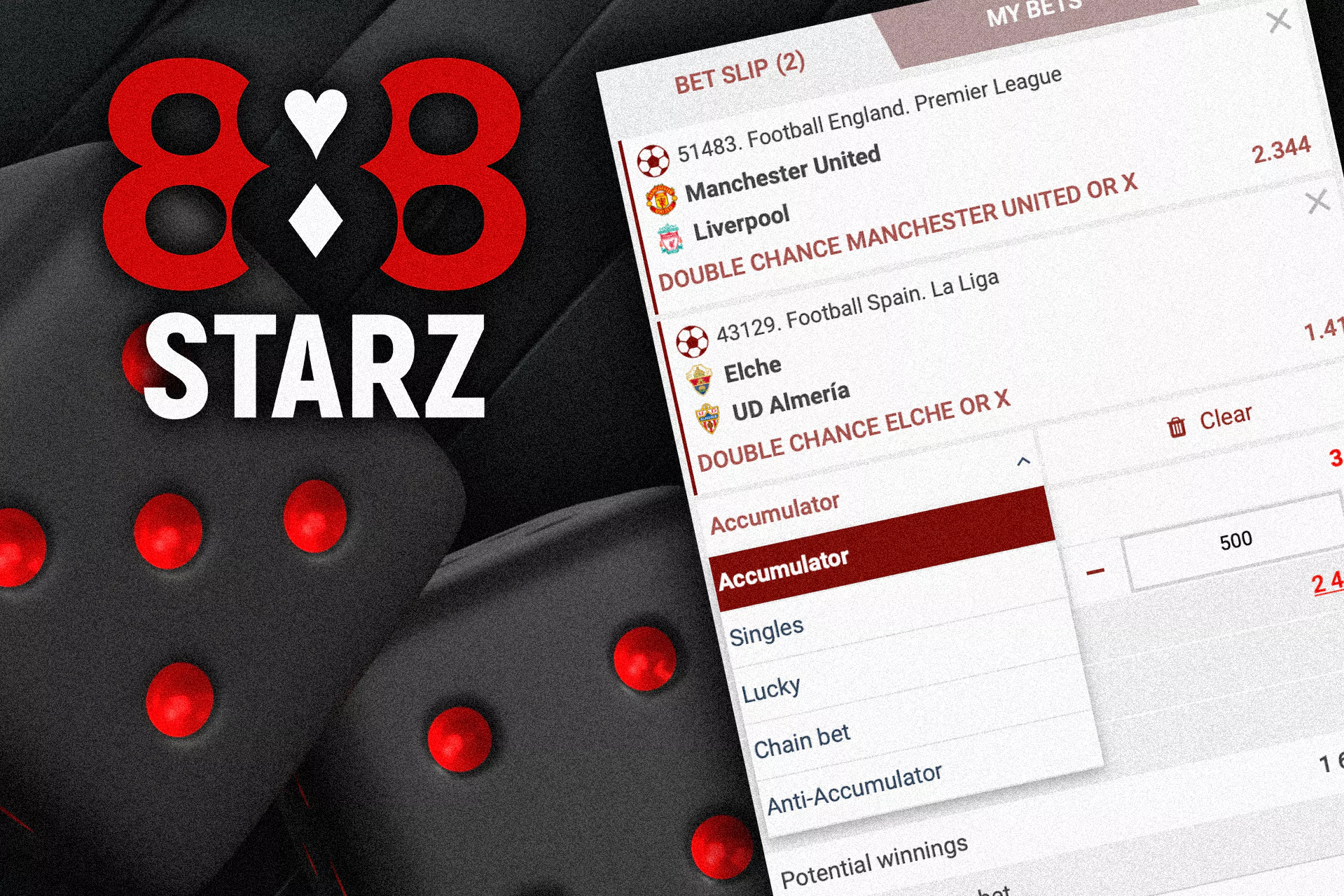Betting on sports can seem complex at first, but once you understand the fundamentals, the process becomes far more intuitive. Whether you’re just getting started or looking to improve your skills, this complete guide breaks down how sports betting works, how to interpret odds, and what steps to take when placing your first bet.
Understanding the Basics

To navigate sports betting confidently, you need a strong grasp of core concepts and key terms.
What is Sports Betting?
Sports betting is the practice of predicting outcomes of sporting events and placing wagers based on those predictions. The goal is to analyze the event, compare available odds, and place a bet when you believe there is a profitable opportunity. Betting can be done through licensed retail sportsbooks or online platforms.
Key Terminology
Here are essential betting terms every bettor should know:
- Betting Odds: Show the probability of an event and determine potential winnings.
- Stake: The amount of money you wager on a particular bet.
- Betting Payout: The total return you receive if your bet wins, including the stake.
- Online Sportsbook: A digital platform where you place sports bets.
- Bankroll: The total amount of money you allocate specifically for betting.
- GOAT in Football: Acronym for “Greatest of All Time,” commonly used in sports discussions.
Types of Bets

Here’s a breakdown of the most common bet types and what they mean:
Moneyline Bets
A moneyline bet is a simple wager on which team or player will win the match. Your payout depends on the odds, with higher odds typically indicating a larger potential return but also greater risk.
Point Spread Bets
A point spread accounts for differences in team strength. If a team has a -4 spread, they must win by more than 4 points for your bet to win. If you bet on the underdog with +4, they need to lose by fewer than 4 points or win outright for the bet to cash.
Over/Under Bets
Over/Under bets (Totals) focus on the combined score of both teams. If a game total is set at 45 points, you simply choose whether the final combined score will be over or under that number.
Prop Bets
Prop (proposition) bets focus on specific in-game events rather than the final outcome. Examples include predicting the first goal scorer, total assists, or how many touchdowns a quarterback will throw. These bets offer flexibility and a wide range of scenarios.
Futures Bets
Futures are long-term bets on outcomes that will be decided later in the season, such as league champions, MVP winners, or tournament outcomes. They often offer higher odds due to the uncertainty and time frame involved.
How to Place a Bet

Placing your first sports bet involves a few straightforward steps:
Choosing a Sportsbook
Select a reputable, licensed sportsbook with strong security, competitive odds, a variety of markets, and reliable support. A user-friendly interface and secure payment methods are also important considerations.
Creating an Account
- Sign Up: Visit the sportsbook’s website or app and click “Register” or “Sign Up.”
- Enter Details: Provide basic information such as your name, email, and date of birth.
- Set Credentials: Create a secure username and password.
- Confirm Registration: Complete any required email verification steps.
- Verify Identity: Upload necessary documents for age and identity verification.
Depositing Funds
Sportsbooks usually support multiple deposit methods:
- Credit/Debit Cards: Instant, simple deposits.
- E-Wallets: Services like PayPal or Skrill offer fast transfers.
- Bank Transfers: Direct deposits that may take several days.
- Cryptocurrencies: Bitcoin and other coins for fast, secure deposits.
- Prepaid Cards: Useful for anonymous or limited-budget deposits.
Placing Your First Bet
Select your desired event, choose a bet type, enter your stake amount, and confirm your selection. The amount will be deducted from your account balance and your bet slip will update instantly.
Reading and Understanding Odds
Understanding odds is essential for evaluating risk and potential reward.
Types of Odds
Odds appear in three main formats:
- Fractional (5/1): Shows profit relative to stake.
- Decimal (3.50): Represents total return including stake.
- American (+200 / -150): Indicates how much you win or must bet.
Calculating Payouts
To calculate your winnings, multiply your stake by the odds. Decimal odds include your stake in the total return, while fractional and American odds may require additional calculation to determine total payout.
Responsible Betting
Setting Limits
Establish a clear budget and stick to it. Responsible bankroll management prevents overspending and helps you remain in control of your betting activity. Regularly review your habits to ensure they align with your financial goals.
Recognizing Problem Gambling
Signs of unhealthy betting behavior include chasing losses, betting with borrowed money, or using gambling as an escape. If you notice these patterns, seek support from responsible gambling tools or professional organizations.
Conclusion
Understanding how sports betting works is the first step toward making informed decisions. Strong analysis, disciplined bankroll management, and consistent betting strategies will help you improve your results and stay in control of your experience.
FAQ
How does plus minus work in sports betting?
The plus-minus, or point spread, assigns a handicap to each team. Favorites must win by more than the spread, while underdogs must stay within the margin or win outright.
What are the different types of bets in sports betting?
Common types include point spreads, moneyline wagers, over/under totals, prop bets, and futures bets.
How do I place a bet on a sports event?
Create an account with a licensed sportsbook, deposit funds, choose your event and bet type, enter a stake, and confirm the wager.
How do betting odds work?
Odds indicate the likelihood of an outcome and determine how much you win if your bet is successful.
What is the best way to choose a sportsbook?
Look for a licensed platform with strong security, good user reviews, competitive odds, a variety of betting markets, and reliable payment methods.
How can I calculate my potential payout from a bet?
Multiply your stake by the odds. Decimal odds show total return, fractional display profit-to-stake ratio, and American odds require converting the plus/minus values.